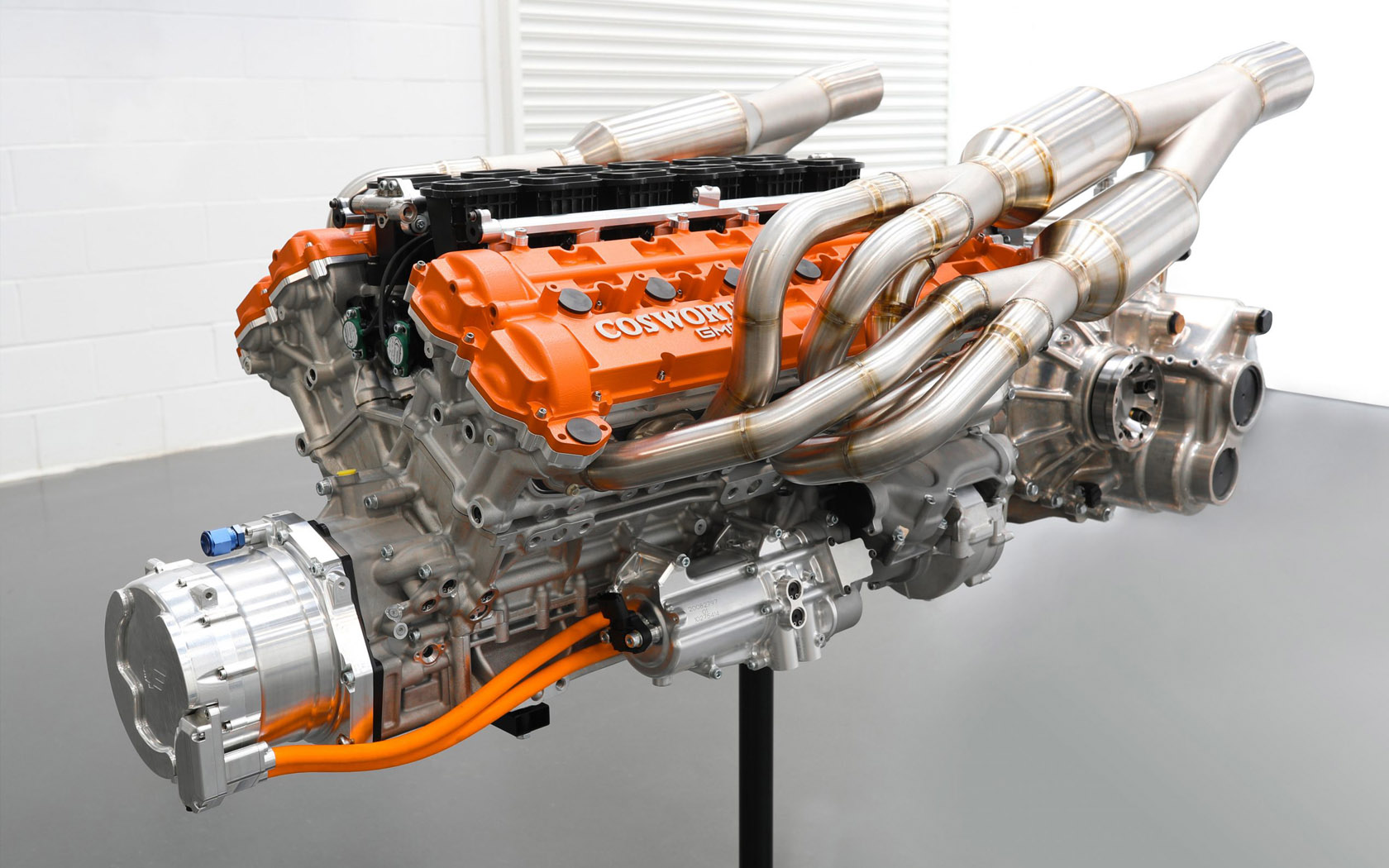What Sets Engines For Africa Apart in the Industry
What Sets Engines For Africa Apart in the Industry
Blog Article
A Complete Guide to Choosing the Right Engine for Your Job
Choosing the ideal engine for your project is an important decision that can substantially impact its total success. Each of these components plays an essential duty in making certain that your selected engine not only meets instant purposes yet additionally lines up with long-term goals.
Define Your Project Requirements
Specifying your project requires is a critical action in picking the appropriate engine for effective application. An extensive understanding of your project's purposes will assist you in recognizing the abilities and attributes called for from an engine. Begin by describing the scope of your task, consisting of the desired functionality, target audience, and the details outcomes you aim to attain.
Next, take into consideration the technological requirements that align with your job objectives. This includes evaluating the compatibility of the engine with existing systems, in addition to the programming languages and frameworks that will be utilized. Additionally, examine the degree of scalability called for to suit future development or changes sought after.
Budget constraints likewise play an important role in defining your task needs. Establish a clear financial structure to lead your decision-making process, guaranteeing that the engine chosen fits within your spending plan while supplying the needed capability.
Evaluate Efficiency Needs

Engines that support horizontal scaling are often better for bigger applications. Additionally, review the engine's efficiency under various problems, such as peak use situations, to ensure it meets your integrity requirements.
Consider Simplicity of Usage
While technical specifications are crucial, the ease of usage of an engine can dramatically impact the advancement process and overall project success. An instinctive user interface, clear paperwork, and streamlined workflows can considerably minimize the knowing contour for developers, enabling them to concentrate on imagination and problem-solving as opposed to facing complicated devices.
When assessing an engine's ease of usage, consider the onboarding experience. A well-structured intro, full with tutorials and example tasks, can facilitate a smoother transition for new individuals. In addition, the clarity and comprehensiveness of the engine's documentation play a crucial function; comprehensive overviews and API references can empower programmers to troubleshoot and apply attributes efficiently.
An engine that permits for easy adjustments can be a lot more user-friendly, as designers can tailor it to fit their details demands without considerable hassle. Eventually, selecting an engine that prioritizes convenience of usage can lead to an extra satisfying and effective growth experience.
Assess Neighborhood and Assistance
The strength of an engine's area and assistance check these guys out network can greatly affect a designer's experience and success. A vibrant neighborhood usually shows a wide range of shared expertise, sources, and fixing support that can enhance your job's advancement process. When analyzing an engine, consider the dimension and task level of its community. Bigger areas normally use much more forums, tutorials, and third-party plugins, making it possible for programmers to locate options much more efficiently.
Furthermore, evaluate the schedule of official assistance channels. Reputable documentation, responsive consumer assistance, and normal updates are vital for addressing technological problems and maintaining your task on the right track. Engines For Africa. Energetic communities likewise promote next collaboration, providing chances for networking and feedback, which can be very useful, particularly for independent programmers or tiny groups
In addition, examine the existence of community-run occasions, such as meetups or hackathons. These gatherings can enrich your understanding of the engine while linking you with prospective partners and skilled customers. In recap, a robust community and support group not just improve advancement however also produce an atmosphere for finding out and advancement, inevitably boosting the likelihood of your project's success.
Compare Expense and Licensing Choices
Budget factors to consider play an essential function in choosing the ideal engine for your project, as the cost and licensing options can significantly impact both short-term costs and long-lasting practicality. Engines For Africa. Different engines supply differing prices frameworks, which can consist of one-time acquisition costs, registration versions, or revenue-sharing agreements based on your task's revenues

Certifying alternatives likewise differ substantially. Some engines are open-source, offering versatility and community-driven assistance, while others may need exclusive licenses that restrict usage and distribution. Understanding the ramifications of each licensing design is important, as it influences ownership legal rights, future scalability, and potential legal responsibilities.
Conclusion
In verdict, selecting the ideal engine for a project requires a complete examination of specified project demands, performance requirements, ease of use, neighborhood assistance, and expense factors to consider. By systematically addressing these vital variables, decision-makers can make sure positioning with both current and future task needs. A well-informed choice eventually enhances the chance of task success, allowing effective source allocation and maximizing potential end results within the specified budgetary constraints.
Picking the appropriate engine for your task is a vital choice that can considerably affect its total success.Specifying your task needs is a vital action in selecting the suitable engine for effective execution. An extensive understanding of your task's objectives will assist you in recognizing the features and abilities needed from an engine.As soon as you have a clear understanding of your job needs, the following step is to review the performance needs of the engine.In final thought, selecting the proper engine for a task demands a complete analysis of defined task requirements, performance requirements, ease of use, area assistance, and price considerations.
Report this page